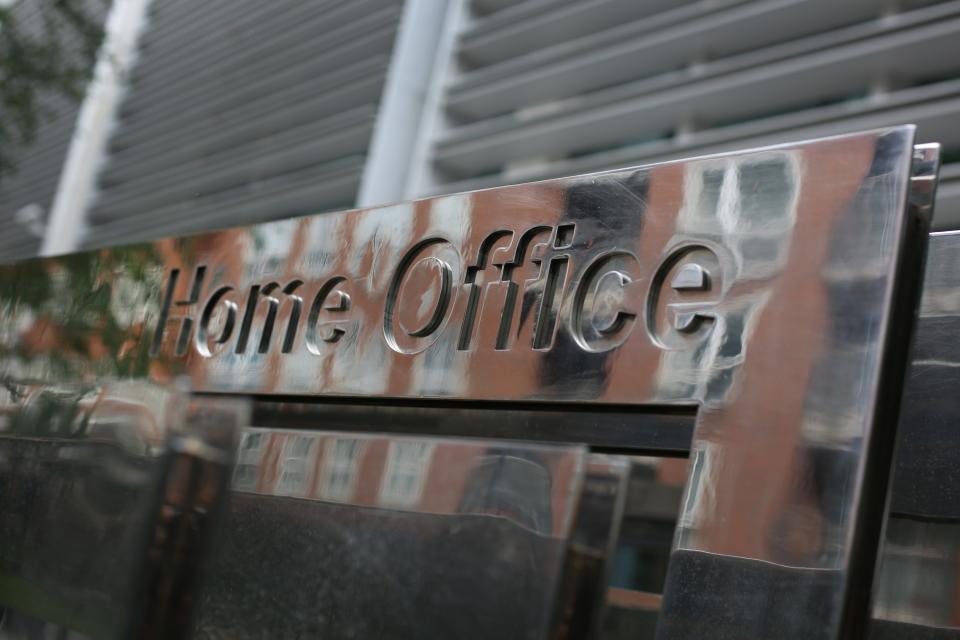The government is collecting data about people’s race, health, and biometrics in a mysterious database

A data analytics operation working from the Home Office is collecting information on millions of people, including children under 13, according to documents surfaced after a Freedom of Information Act request.
The data collected by the government’s Data Services & Analytics unit, a part of the Home Office’s Digital, Data and Technology department, includes people’s names, identification numbers, location data and online identifier.
It also includes “sensitive data or data of a highly personal nature” such as criminal convictions, race or ethic origin, health data, and “finger print and face recognition” information.
“This service provides the ability to check the appearance (or footprint) of entities across a range of data sets, all at once, to find out more information out them”, the documents read.
“The purpose of this is to enhance your understanding of the activities and/or whereabouts of these entities by retrieving relevant information”. It is unclear, however, where this information is sourced from.
Read more:
Scientists connect human brain to computer wirelessly for first time ever
Scientists may have found a special black hole that could change our understanding of the universe
Out of over 30 data providers only two -Dunn and Bradstreet, and “GB data” – were not redacted, with the latter apparently providing “subscriber details for landline telephone numbers in the UK, email addresses, electoral roll data, land registry data, companies’ info and population data”.
GB Group told Wired, which first broke the story, that it did provide data but said due to “confidentiality obligations” it could not provide further information. Dun and Bradstreet said it was against its policy to comment on work with clients.
The Home Office said that all data is held in line with data protection laws and the Human Rights Act 1998. “As expected, the Home Office holds a large amount of data to carry out essential operations and deliver on the people’s priorities,” a Home Office spokesperson told Wired.
The data will be kept for a maximum of 12 months - unless the Home Office deem it necessary to keep it for longer - and will apparently be used by the government for “border, immigration nationality and travel functions,” supported by Amazon Web Services.
However, capabilities of the Home Office projects that the data will be used for have been called into question. An industry event seems to suggest that the Warnings Index and status checking project will collaborate with this unit.
The warnings index, the UK’s immigration watchlist database, has been criticised for repeatedly crashing and The Guardianhas reported that employees lacking the requisite security clearance had been accessing it.
“Data will only be available to Home Office staff. DACC [Data Analytics Competency Centre] staff processing the requests and HO staff who have requested the data”, the Data Services & Analytics unit’s documents state.
The Home Office did not respond to a request for comment asking why such data needed to be collected, or what steps it had taken to mitigate these potential issues by time of publication.
“Rather than have a meaningful public debate, telling the public what data it will use, show why it is necessary and proportionate, and tell us what safeguards exist, the Home Office has up until now decided to proceed without telling anyone,” Eric Omanovic, who filed the FOIA request for Privacy International, told Wired.
“The Home Office now must come clean and reveal the true extent of this secret mass data exploitation programme.”

 Yahoo Finance
Yahoo Finance